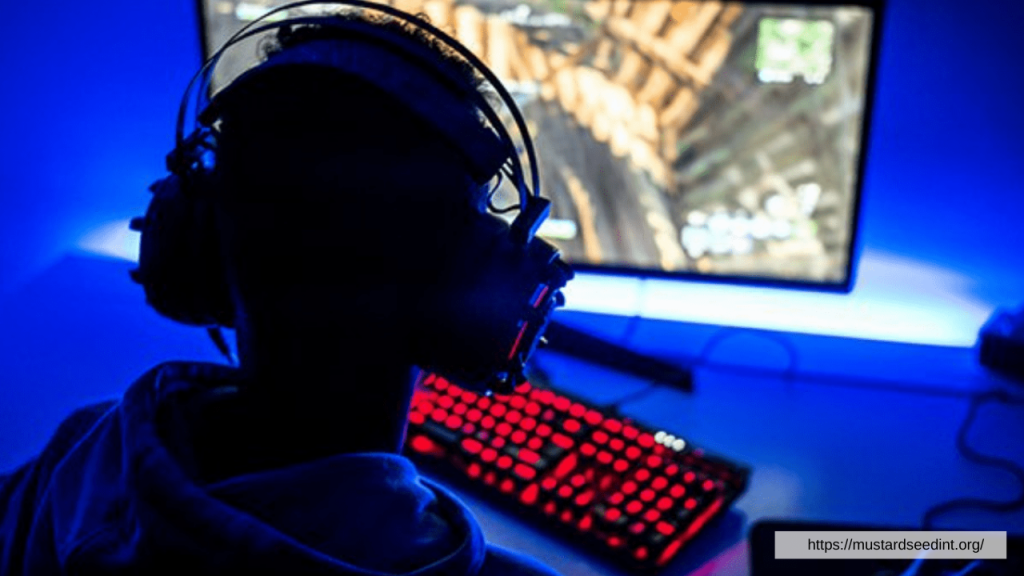
In today’s digital age, video games are more than just entertainment. For many, gaming provides a way to unwind, connect with others, and find enjoyment after a long day. Yet for some individuals, the screen becomes more than a pastime. It becomes a digital refuge—a place to escape emotional pain, anxiety, or unresolved struggles. While gaming may temporarily soothe distress, using it as a primary coping mechanism can lead to dependency, isolation, and even gaming addiction.
Gaming as a Coping Mechanism
When life feels overwhelming, people often seek outlets that bring comfort. Video games offer an immersive experience that provides control, achievement, and distraction from negative emotions. For someone dealing with stress, depression, or loneliness, gaming can feel like a safe alternative to facing difficult realities.
The problem arises when gaming is no longer a source of relaxation but becomes the main way a person avoids emotional challenges. Instead of developing healthy strategies to process pain or build resilience, the individual retreats deeper into the digital world. This avoidance may provide short-term relief but can intensify underlying struggles over time.
The Emotional Risks of Overreliance on Gaming
While moderate gaming is not inherently harmful, emotional overreliance can create a cycle that is hard to break. Some common risks include:
- Isolation from real-life relationships: Hours spent gaming can reduce meaningful social interaction.
- Emotional suppression: Instead of addressing sadness, anger, or grief, individuals push emotions aside through distraction.
- Decline in mental health: Over time, avoiding emotional challenges may worsen anxiety and depression.
- Risk of addiction: When gaming becomes the primary coping strategy, dependency can develop, disrupting daily life.
Recognizing these patterns early is key. Acknowledging that gaming has become a digital refuge is often the first step toward recovery.
A Holistic Approach to Healing
At Mustard Seed, we recognize that gaming addiction is rarely just about the games themselves. It is often a reflection of deeper emotional struggles, stressors, and unmet needs. That is why our approach to treatment is holistic, faith-based, and personalized to each individual.
Through inpatient and outpatient programs, clients gain tools to address both the behavior and the root causes behind it. Counseling, therapy, and spiritual guidance help individuals process emotions in healthy ways while building resilience for the future. By treating the whole person—mind, body, and spirit—healing becomes not only possible but sustainable.
Building Healthier Coping Strategies
One of the most important parts of recovery is replacing gaming as an emotional escape with healthier strategies. Some effective alternatives include:
- Practicing mindfulness or meditation to manage stress
- Engaging in physical activity to improve mood and release tension
- Building supportive relationships with family and peers
- Journaling or creative expression to process emotions
- Seeking spiritual connection for hope and renewal
These tools do more than help someone break free from harmful gaming habits. They empower individuals to face life with strength, confidence, and purpose.
Finding Freedom Beyond the Screen
Gaming should be a source of joy, not a lifeline for emotional survival. If you or someone you love has turned to gaming as a refuge from life’s challenges, know that help is available. At Mustard Seed, we are committed to walking with you on the journey toward healing and renewal.
Recovery begins with a single step. Reach out today to discover compassionate care, holistic healing, and the support you need to find peace beyond the screen.